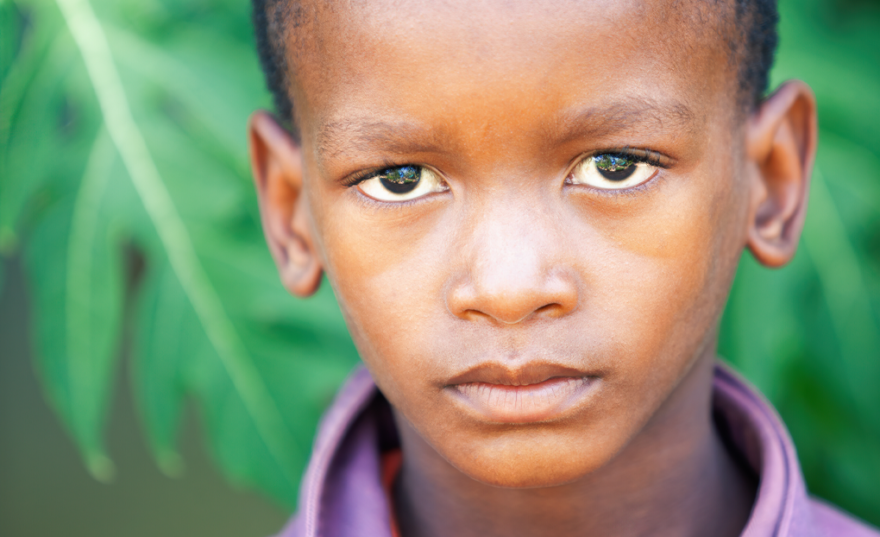Sadly, the involvement of children in armed conflict is increasing,1 and leads to a higher risk of developing mental health problems. Now, Shaobing Su and colleagues have examined which groups of former child soldiers are most likely to experience mental health difficulties. To do so, they classified these young people based on their reports of different forms of war exposure: separation and loss of assets, parental loss, loss of loved ones, witnessing violence, victimization, perpetrating violence, non-combat activities, and deprivation.
The study included 415 (23.86% female) Sierra Leonean former child soldiers participating in the 15-year Longitudinal Study of War Affected Youth (LSWAY). These youth reported their war-related experiences at four time points: T1 (2002; aged 10-17 years), T2 (2004), T3 (2008), and T4 (2016/2017). Two groups of individuals emerged from these analyses: a “higher war exposure” group (54.5%) who were exposed to higher levels of all war exposures, particularly violence and combat, and a “lower war exposure” group (45.5%). The higher war exposure group experienced more post-traumatic stress disorder symptoms at T2, more hyperarousal symptoms across all waves, and more difficulties in emotion regulation at T4 compared to the lower war exposure group.
These findings have several important implications for prioritising interventions. “Based on these findings, research and services need to adopt early screening, monitoring, and follow-up to identify those exposed to greater levels of trauma for psychosocial support services focusing on reducing traumatic stress symptoms and improving emotion regulation skills,” explains Su. “In addition, it seems that those who report witnessing violence, being the victim of violence, and/or engaging in combat activities might be at the greatest need for both immediate and ongoing psychosocial support services.”
The researchers hope that their study will inspire a new direction for war trauma research that involves classifying trauma history, with a nuanced approach to examining the associations between war experiences and developmental risks. They consider that their findings made thus far provide evidence that more sustainable and responsive systems of evidence-based treatments should be established in post-conflict settings.
Referring to
Su, S., Frounfelker, R.L., Desrosiers, A., Brennan, R.T., Farrar, J. & Betancourt, T.S. (2020), J. Child Psychol. Psychiatr. doi: 10.1111/jcpp.13312.
References
1United Nations. (2018). Report of the secretary-general on children and armed conflict. UN Doc. A/72/865, 16 May 2018.

